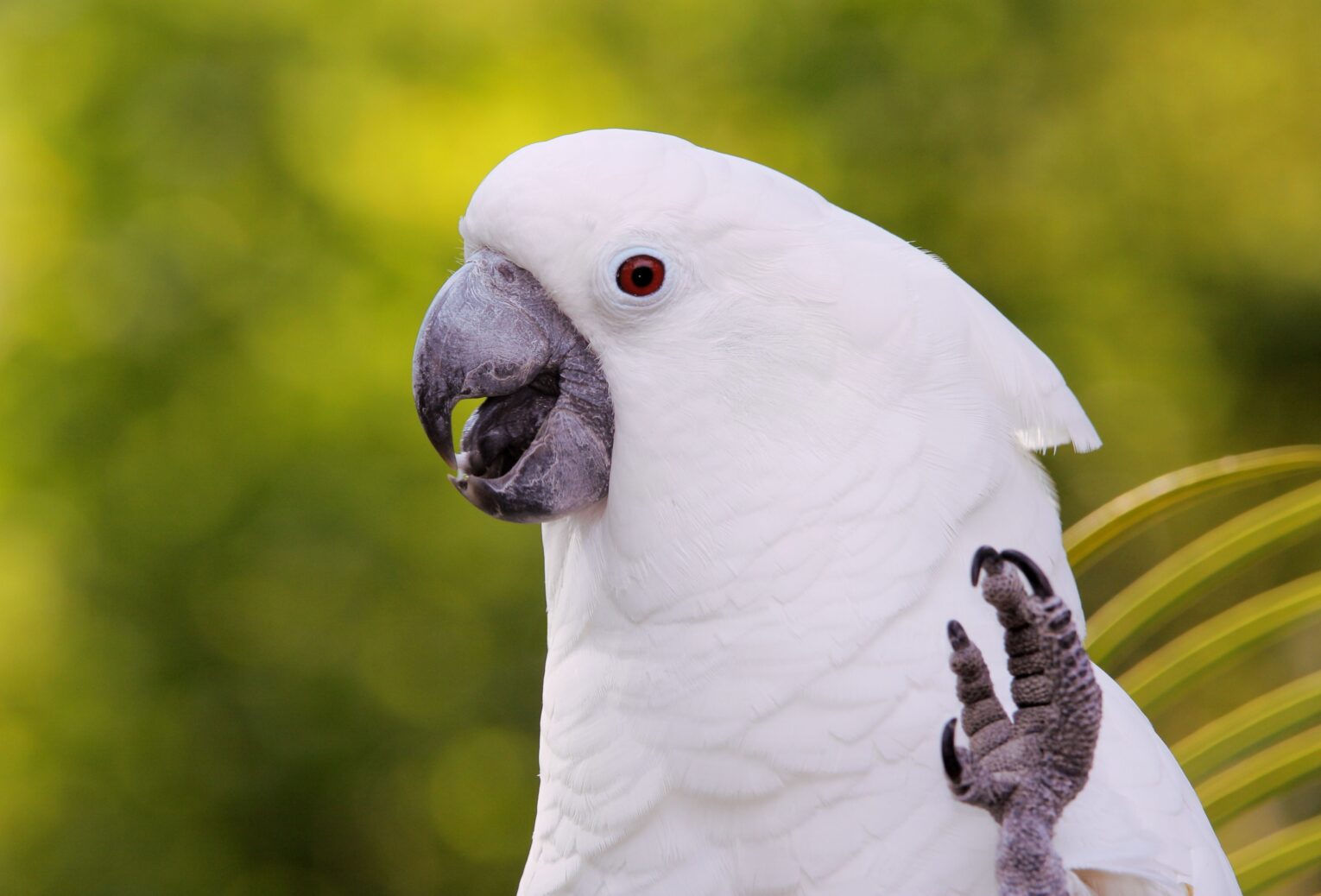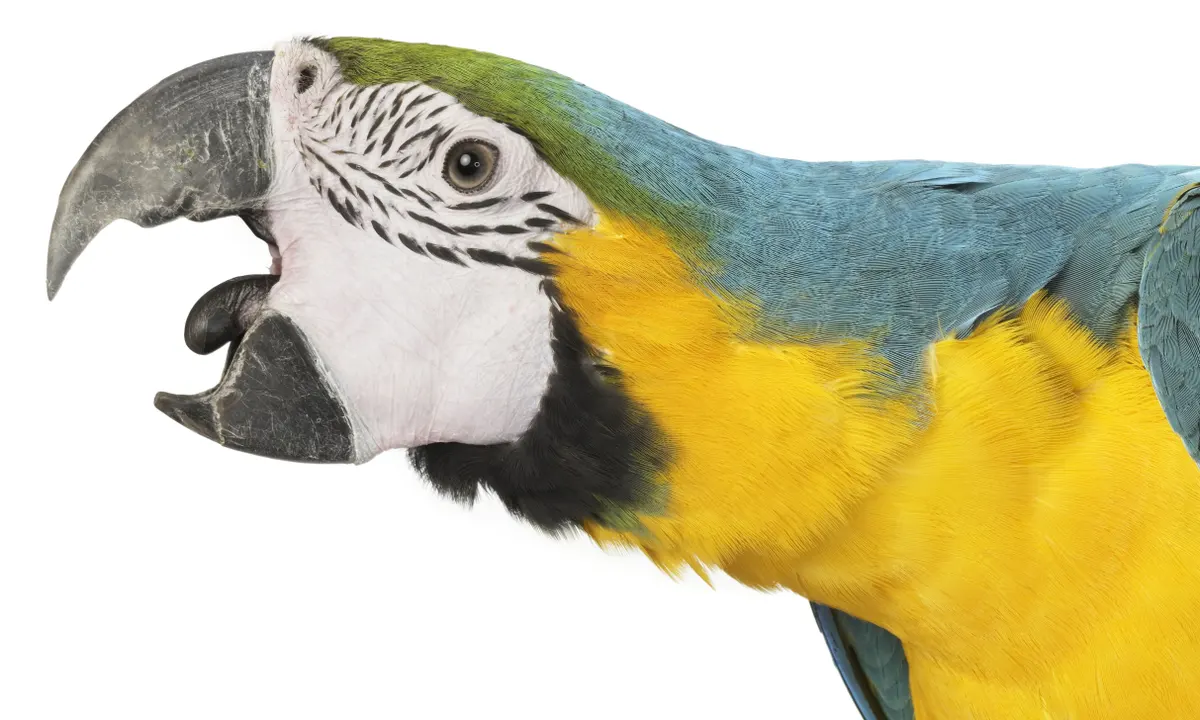
Parrots are known for their vocal abilities, but sometimes their calls can become excessively loud and frequent. Understanding why your parrot is noisy and how to manage this behavior is essential for maintaining a peaceful household and ensuring the well-being of your feathered friend. This comprehensive guide explores the reasons behind excessive noise in parrots and provides strategies to manage and reduce their vocalizations effectively.
Parrots are naturally vocal creatures that use their calls to communicate with their flock, which includes their human family. However, several factors can contribute to excessive noise, including attention-seeking behavior, boredom, stress, and environmental triggers.
One common reason for noisy behavior is attention-seeking. Parrots quickly learn that loud vocalizations can bring immediate attention from their owners, even if it’s negative attention. If your parrot feels neglected or wants interaction, they may resort to making loud noises to get your response. Boredom is another significant factor. Parrots are intelligent and need constant mental stimulation. A lack of toys, social interaction, or environmental enrichment can lead to excessive vocalizations as a way for your parrot to express their frustration or relieve boredom.
Stress and anxiety can also cause your parrot to become noisy. Changes in their environment, such as moving to a new home, the introduction of new pets, or even changes in routine, can trigger stress-related vocalizations. Environmental triggers like loud noises, unfamiliar sounds, or the presence of predators can make your parrot feel threatened, prompting them to call out loudly.
Managing and reducing noisy behavior in parrots involves addressing the underlying causes and providing alternative outlets for their energy and vocalizations. Ensuring that your parrot receives plenty of attention and social interaction throughout the day is crucial. Spend quality time with your parrot, engaging in activities such as talking, playing, and training. Regular interaction helps meet your parrot’s social needs and reduces the likelihood of attention-seeking vocalizations. Establishing a predictable routine for interaction creates a sense of security and reduces anxiety.
Enriching your parrot’s environment with a variety of toys, foraging activities, and opportunities for physical exercise can significantly reduce noisy behavior. Rotate toys regularly to maintain your parrot’s interest and prevent boredom. Introducing foraging toys and puzzles that encourage your parrot to work for their food provides mental stimulation and reduces the urge to vocalize out of boredom. Ensuring your parrot has ample space to move and explore promotes physical activity and overall well-being.

Parrots thrive on routine and predictability. Establishing a consistent daily routine for feeding, playtime, and sleep helps reduce stress and anxiety, which can contribute to noisy behavior. Ensure your parrot gets enough sleep by providing a quiet, dark environment for 10-12 hours each night. Consistency in their daily schedule helps create a sense of security and reduces the likelihood of stress-related vocalizations.
Training your parrot to use quieter vocalizations by rewarding them for making softer sounds can be very effective. When your parrot is quiet or makes gentle noises, immediately reward them with treats, praise, or attention. Positive reinforcement helps your parrot associate quiet behavior with positive outcomes, encouraging them to repeat this behavior. Avoid reinforcing loud vocalizations by ignoring them and only responding to your parrot when they are quiet.
Identifying and minimizing potential environmental triggers that cause your parrot to become noisy is essential. Reducing exposure to loud or unfamiliar noises by placing your parrot’s cage in a quiet area of your home can help. Using white noise machines or soothing music to mask external sounds that might trigger vocalizations can create a calmer environment. If your parrot is sensitive to changes in their environment, introduce new stimuli gradually to prevent stress and anxiety.
If stress or anxiety is causing your parrot to be noisy, it is crucial to identify the source and work to alleviate it. Providing a safe, secure environment for your parrot, free from potential threats or disturbances, is essential. Spending extra time with your parrot during periods of change and offering comfort and reassurance can help. Using calming techniques such as gentle talking, soft music, or providing a cozy hideaway can help your parrot feel more secure.
Even with preventive measures, there may be times when your parrot is excessively noisy. How you respond to this behavior can impact its frequency and intensity. It is important to stay calm and avoid reacting with frustration or anger, as negative reactions can reinforce the behavior. Instead, wait for a moment of quiet and then reward your parrot with attention or a treat. Consistent, positive reinforcement can help reduce excessive noise over time.
If your parrot’s noise levels do not improve with these strategies, consider consulting with an avian veterinarian or a professional bird trainer. They can provide additional insights and personalized advice to address your parrot’s specific needs and behaviors.
Understanding why your parrot is noisy and implementing strategies to manage and reduce their vocalizations can lead to a more peaceful household and a happier, healthier parrot. Providing adequate attention, mental and physical stimulation, establishing a consistent routine, using positive reinforcement, minimizing environmental triggers, and addressing stress and anxiety are all essential steps in managing noisy behavior. By taking a proactive approach and responding appropriately to your parrot’s vocalizations, you can create a harmonious environment for both you and your feathered friend.
